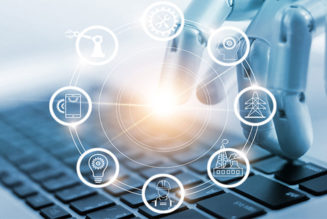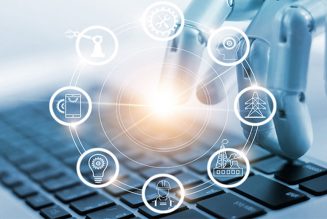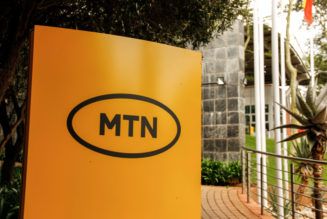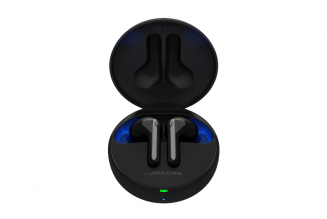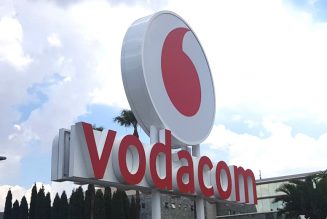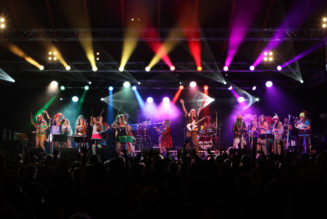Officially, South Africa is a country with a water-scarce rating. This is not a surprise for anyone that lives in Cape Town. Drought conditions have been endured for a long time, moving the city towards countless moments when water is simply not available. Farmers often struggle because of water scarcity and low yield.
Water stands out as a finite resource. It now finally gets attention at a global state. The UN has numerous sustainability goals and water is on the top of the list. Unfortunately, often leaks appeared and countless water pipe breakages impacted water levels and water supply. According to fixitrightplumbing.com.au, numerous preventable leaks weaken infrastructures and the real problem is that sustainability is very low.
In the entire plumbing industry, we see specialists trying to do all that they can in order to increase sustainability. Access to technology can definitely help, together with societal behaviour changes, and a full understanding of how critical the water situation is.
Fortunately, plumbers are involved and are driving sustainability goals, helping through the deployment of new smart water solutions, and powered by the use of IoT (Internet of Things).
/* custom css */
.tdi_3_8f9.td-a-rec-img{ text-align: left; }.tdi_3_8f9.td-a-rec-img img{ margin: 0 auto 0 0; }
IoT is very important in South Africa at the moment when referring to the plumbing industry. Data is actively driving change and information can now be received in a real-time scenario. In the past, no plumbing fixtures could have been connected to the internet. This is no longer the case.
What is important is that people cooperate instead of dismissing new technology. When a plumbing problem appears, it should be reported. Also, those that can monitor the system with the use of IoT. This allows receiving early notifications, which is relevant even in manufacturing and industrial businesses that see water failures and supplies lead to environmentally damaging, expensive consequences.
Plumbing completely changes its system right now and we are clearly moving towards proactive insights. The industry’s income model needs to be annuity-based, focused on innovation and maintenance, not on emergencies. Annuity-based models allow the plumbers to offer great services, in-time maintenance, and complete visibility for the homeowner and the plumber.
As a result, water bills are lower and water interruptions are less common. All this can have a knock-on effect in the entire country of South Africa. It can easily lead to more job opportunities and improved job security. Also, it can cause a boost in the country, especially when referring to unemployment.
On the whole, we can say that right now South Africa is changing. Plumbers are starting to use modern technology and it is the job of the government to help with water-related issues. The Internet of Things will definitely help us out in the future, leading to real-time data delivery and much faster access to information that can help improve water delivery and consumption.
However, this is not the only thing that should be taken into account. Smart technology is changing homes around the world. We never know what will change in the future but it is great to see that South Africa is catching up.
Staff writer



